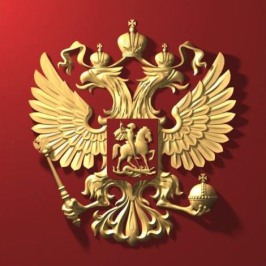Long before the [Russian] special military operation, the European Union had been trying to take over various cooperation fora on the European continent. All the more so, since Brussels has a tradition of assuming that the EU equals Europe, and EU and European are synonyms. At the same time, tectonic shifts have impacted international relations in general and the pan-European architecture in particular, which included, inter alia, the Council of Europe, a number of regional organisations, the Russia-NATO Council, and the OSCE. Since the beginning of the special military operation, the agenda of these formats has become excessively politicised and Ukrainianised. This has paralysed the work of most fora and made our participation in some impossible.
Against such a complex, or even toxic, background, a European Political Community (EPC) has emerged aiming to develop into a pan-European political structure – albeit not immediately, but over time. And the main "advantage" for the West is that all the countries of this "Europe" will be cut off from Russia and Belarus. Probably, this is the kind of "architecture" that the head of the European Commission Ursula von der Leyen was referring to when she spoke at the third EPC Summit in Granada on 5 October 2023.
The Community's establishment period coincided with the beginning of intra-EU discussions on enlarging the bloc while reforming it at the same time. In this context, based on the September 2023 analytical report on the future of the EU (developed at the initiative of France and Germany), the EPC is destined to function as an "outer tier" – a circle for political cooperation without being bound by EU law or having access to the Single Market. Thus, the Community is intended to become a kind of platform for the European Union to "test" the model of relations with countries being at different stages of the accession process, but united by the desire to join, as they like to call it here, the "European family" – well, actually, by a willingness to give up part of their own national sovereignty in favour of Brussels.
Indeed, so far the EPC as a format has not been institutionalised in any way and the participating states are not bound by any formal obligations. Yet, it is only a matter of time.
The ideas promoted by the EU to replace the existing pan-European frameworks of interaction with new structures without Russia's participation run counter to the principle of indivisible and equal security, and therefore undermine stability and security in the region.























